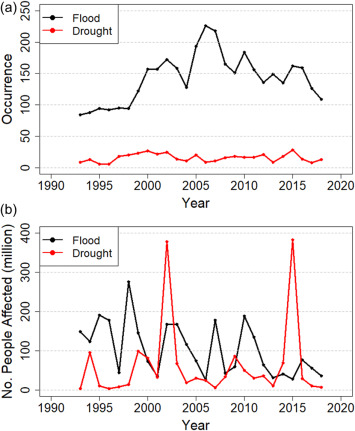Health impact is a vital element in the scope of the Sustainable Development Goals (SDGs). The term "health impact" refers to the effect of a specific action, policy, or environmental change on the health of individuals and communities. It is widely used in health impact assessments, which aim to predict the potential health outcomes of a proposed policy or project.
With reference to the SDGs, health impact is chiefly aligned with SDG 3: "Ensure healthy lives and promote well-being for all at all ages". This goal envisages a world where every individual has access to quality healthcare services and lives devoid of preventable diseases. Such a scenario necessitates careful consideration and evaluation of the health impacts of all developmental policies, programs, and interventions.
However, the relevance of health impact extends beyond SDG 3. For example, the implementation of SDG 11: "Make cities and human settlements inclusive, safe, resilient, and sustainable" can have a significant health impact. By promoting sustainable urban planning, we can reduce air pollution, promote physical activity, and decrease mental stress, thereby positively affecting public health.
Similarly, the realization of SDG 6: "Ensure availability and sustainable management of water and sanitation for all" directly influences the health impact by reducing waterborne diseases and improving hygiene. SDG 2: "End hunger, achieve food security and improved nutrition and promote sustainable agriculture" also has direct health impacts by improving nutritional outcomes.
Autophagy Dysfunction in Alzheimer's Disease and Dementia, First Edition, 2022, pp 263-290
Climate change is the most critical public health crisis of the 21st century. Physical and medical sequelae of climate and weather-related events are well documented and may be addressed in clinical practice. Mental health impacts of climate change are increasingly addressed in the literature but remain underrecognized by clinicians. This report focuses on mental health impacts of climate change through the theoretical framework of Maslow's Hierarchy of Needs.
Partner content
Global Citizen, 15th April 2020
Pages
- « first
- ‹ previous
- 1
- 2
- 3

